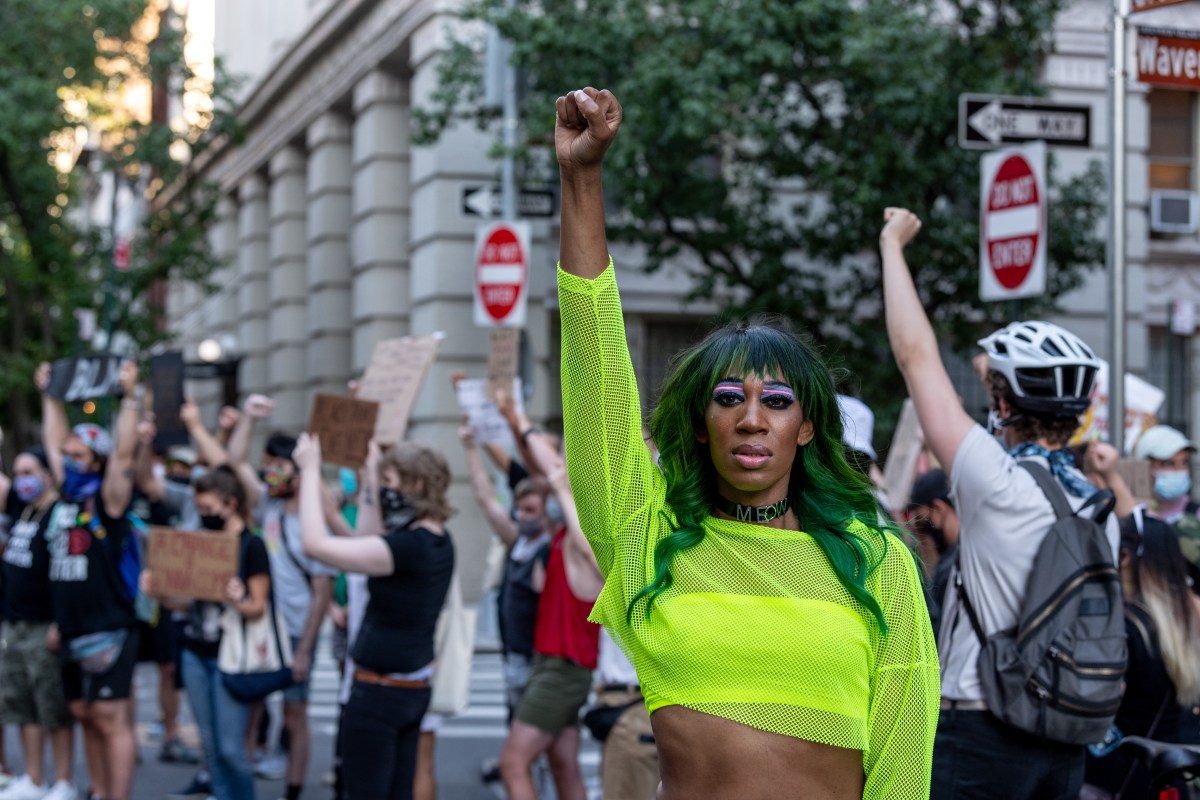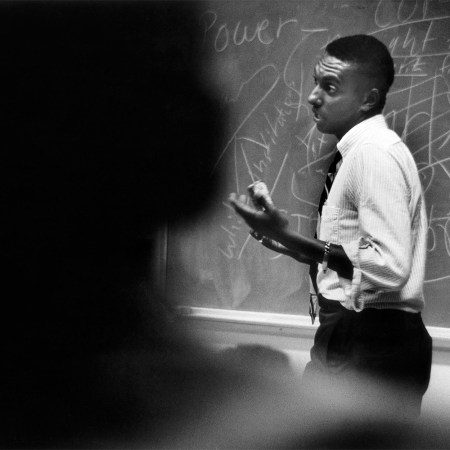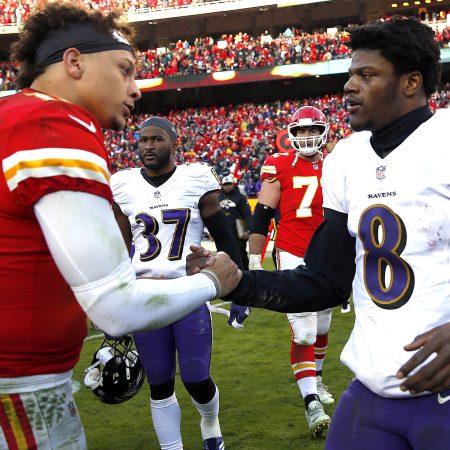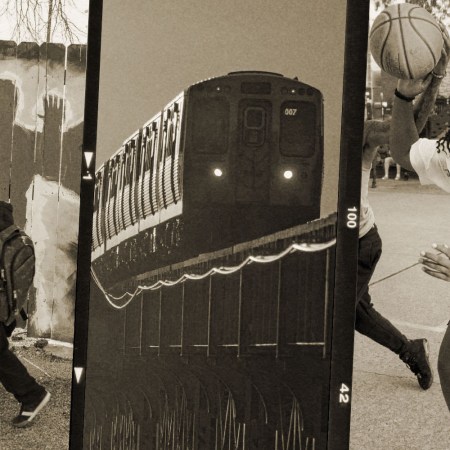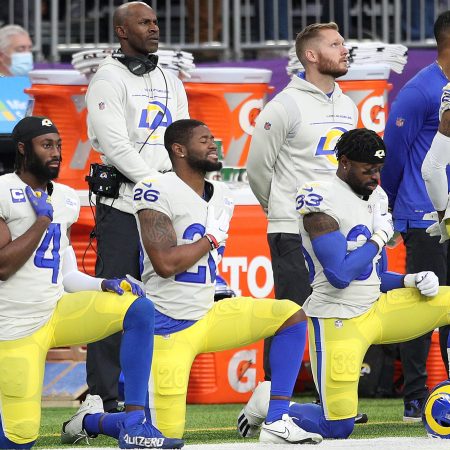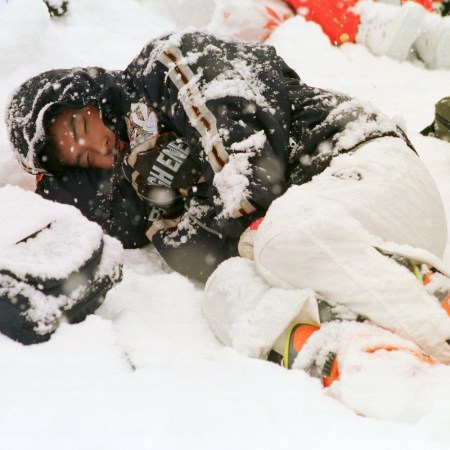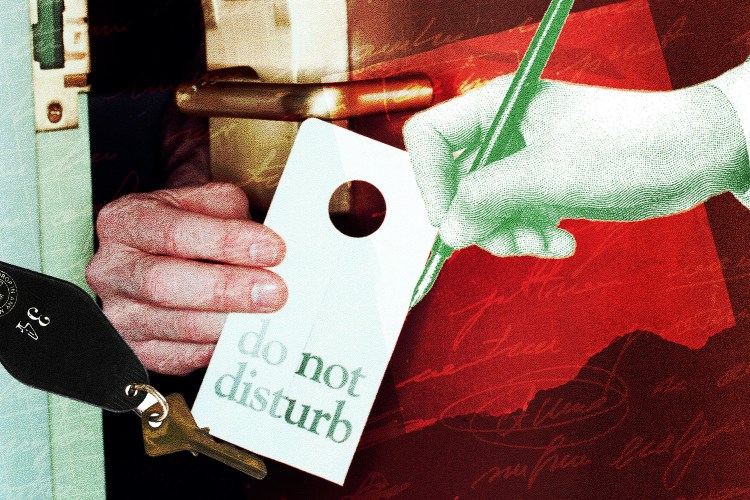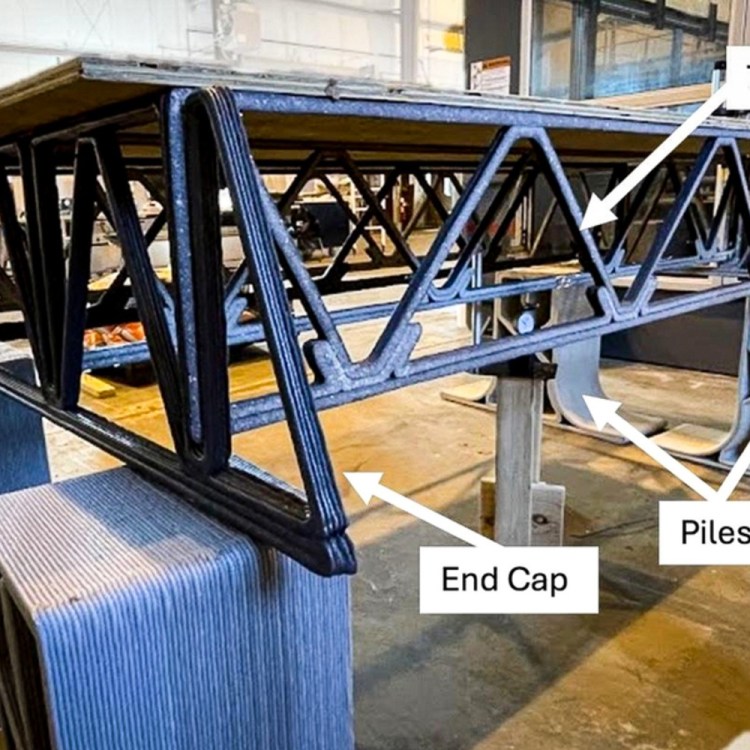It was May 25 when a Minneapolis police officer pressed his knee into George Floyd’s neck for 8 minutes and 46 seconds, and a short two days later that a black transgender man, Tony McDade, was shot and killed in Tallahassee.
Each year, LGBTQ+ Pride stands for something. Sure, it’s a time of celebration and jubilation and rainbow everything, but oftentimes people seem to forget that it’s also a time of remembrance — and a quickly passing 30 days to remind ourselves, and the rest of the world, that there’s still much left to fight for.
This year has, indisputably, been like none other before it, as a global health pandemic first shut down physical Pride celebrations across the world, and the highly publicized death of George Floyd shook the country to its core, inciting protests from those who demand true equality and justice. Comparisons have been drawn by many between the Black Lives Matter movement of today and the Stonewall Riots of 1969, when LGBTQ+ folx in New York City fought for their right to simply exist.
One of those activists was Marsha P. Johnson, a black transgender woman who famously threw the first brick (though some dispute it), setting off the start of the riots. Now, 50 years after her fight to be recognized for who she really was, Johnson’s face can be seen everywhere, from protest signs bearing her name to social-media posts that depict her in bright red lipstick and a signature flower crown. Today, Google even chose to honor her with a homepage doodle and a donation of $500,000 to the Marsha P. Johnson Institute. In New York City, mayor Bill De Blasio announced a statue to be erected in her honor in the West Village.
It hasn’t always been this way, though: with a trans person of color in the national spotlight. It is a sudden change seen by some as a reason for hope, and by many others as, unfortunately, performative.
Black Trans Lives Matter
“I am a Black woman of transgender experience, born in New York. I lived my teen and college years in a small rural Georgian area, Washington County, and after experiencing standardized racism I discovered a decrease in my privileges after starting to transition.”
Aryah Lester is the Deputy Director of the Transgender Strategy Center, an organization that elevates and amplifies transgender voices and leadership within communities across the United States. Their goals include economic and racial justice, authentic inclusion, and equity in health and well-being. Lester is also a Board Chair of STARR (Strategic Trans Alliance for Radical Reform), the current iteration of an organization first created by Marsha P. Johnson and fellow activist Sylvia Rivera.
“I was kicked out of college, fired from job positions, and experienced much violence as a Black transgender woman,” says Lester. “My life experiences propelled my passion in advocacy and activism, highlighting the importance of education, training and consultancy by folk like me. This is the core of the mission and principles for the Transgender Strategy Center.”
“Many people fail to realize that the protests of LGBTQ+ people coincided with the continuance of the Civil Rights Movement, both occurring in the ‘60s. The murders, police brutality, lack of access and rampant racism has affected all Black peoples, including transgender individuals. When we look at the higher prevalence in the murders of Black transgender women in recent years, we can see that the underlying root causes of violence cannot be separated from our Blackness. This is why I, and many other national leaders, daily bring up the absence of outcry on our murders, especially from those supporting the Black Lives Matter movement.”
A Brutal Epidemic
In September 2019, the American Medical Association called the rate at which transgender people are being killed an epidemic. By the end of the year, at least 27 trans people had been murdered by brutal force, and the majority of the victims were trans female BIPOCs. Earlier this month, two Black trans women were killed in the same week.
“If we aren’t fighting for all Black lives, what is it then that Black cis men are fighting for? As a movement, we dedicate more energy to Black cis men than anyone else. When trans women are attacked, it’s almost always disregarded. Black cis women are sometimes afforded recognition of the violence they face, but seemingly only when the act or crime is particularly egregious,” writes advocate Devin-Norelle. “These glaring omissions make it feel like Black Lives Matter should really be renamed to Black Men’s Lives Matter.”
“It is 2020, and it is glaringly unacceptable that we still invest in, participate in, and stay silent to, racism and discrimination embedded within social systems. How can we as a society say we believe in fixing issues such as gender pay gaps, colonization and Women’s Rights, and just give a side-eye to the loud voices of those living lives and being treated with the same respect as slaves in the United State’s yesteryears? We all must utilize our privileges, for we all have some, to help elevate targeted communities and liberate social bondage,” says Lester.
LGBTQ+ Pride has found its niche in mainstream activities and movements, Lester adds, citing the recent Black Trans Lives Matter event in Brooklyn, New York, which drew upwards of 15,000 supporters. “The audience is large for Pride celebrations. There needs to be an acceptance of heritage and embracing the need to demand change as an equitable human race, and live for the future of our upcoming generations.”
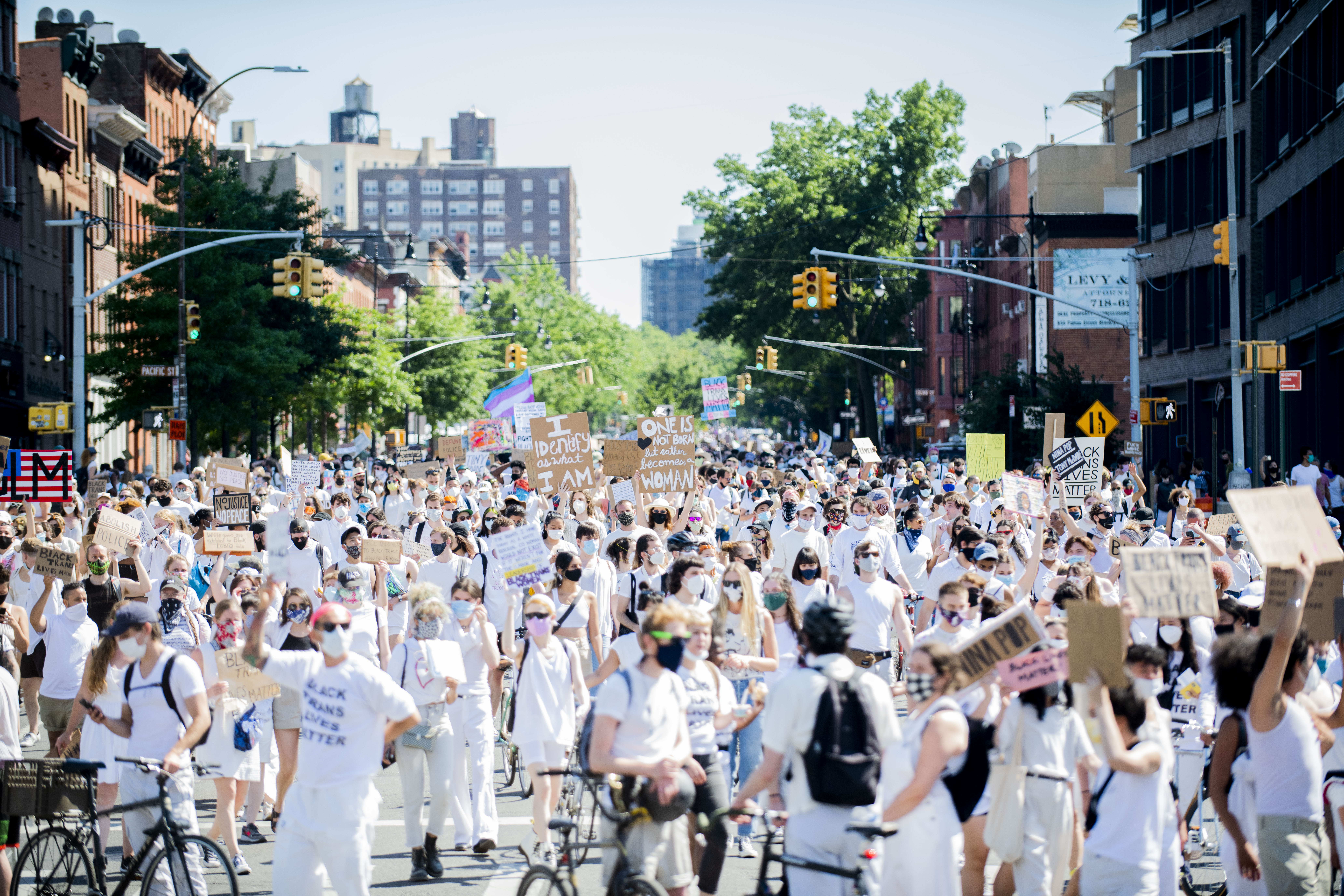
Donating to the Right Causes
Showing up is the first step to being an advocate for, and ally of, the LGBTQ+ community, whether that means participating in a protest, handing out water bottles or even donating to bail funds from the comfort of your home. Additionally, $30 spent on a rainbow T-shirt from Kohl’s does not equate to the impact that same $30 would have if it were donated to the Human Rights Campaign — or, even better, your local LGBTQ+ organization. In the spirit of the last day of Pride and this year’s unofficial theme of intersectional equality, here’s where your dollars should go today.
The Okra Project
The Okra Project has been getting a lot of press lately, and for a good reason. The organization addresses the issue of food deserts and food insecurity by providing Black trans folx with home cooked, healthy meals that emphasize Black Diasporic cooking. The Okra Academy also teaches Black trans people the cooking basics, and their International Grocery Fund addresses the financial disparities that Black trans folx face. Right now, to honor Nina Pop, Tony McDade and the many Black trans people who have been murdered by state-sanctioned violence, The Okra Project is dedicating $15,000 to create the Nina Pop Mental Health Recovery Fund and the Tony McDade Mental Health Recovery Fund. They are currently asking people to match their commitment by donating money or a scheduled session with a Black therapist.
Transgender Strategy Project
Aryah Lester already shared a bit about the Transgender Strategy Project, which “recognizes the importance of education, training and consultancy by folk like me.” TSC makes this possible by providing coaching, training and technical assistance to trans leaders and organizations. They also offer training and coaching to cisgender-led organizations that would like to do a better job of serving transgender communities.
SNaPCo
SNaPCo was first founded in Atlanta to protect the rights of Black trans folx, especially sex workers, the formerly incarcerated and those living with HIV. Donations help fund programs, like a 16-week internship program to create effective leaders to end the crisis of mass criminalization as well as a fund that directly supports the trans community in Atlanta.
The Trevor Project
The first national crisis and suicide prevention hotline for LGBTQ+ teens and young adults, the Trevor Project is also currently matching Pride donations in an effort to reach $350,000 by the end of the month. Since its inception, it has helped thousands of struggling LGBTQ+ youths through their various services, from the Trevor Lifeline, which is accessible via phone call or text, to TrevorChat, a social network for LGBTQ+ youth 25 and younger.
Local Shelters for LGBTQ+ BIPOCs
LGBTQ+ folx of color are disproportionately in danger of homelessness from a young age, often due to a lack of acceptance from their family members. Donations made to local shelters that help keep young people off the street go a long way, and directly impact the lives of those visiting those centers. Check out places like The Ali Forney Center in New York, which keeps LGBTQ+ youth out of homelessness, whose doors wouldn’t have stayed open through the pandemic without community aid, or Casa Ruby in Washington, DC, a center that was formed and is led by a transgender woman of color.
This article appeared in an InsideHook newsletter. Sign up for free to get more on travel, wellness, style, drinking, and culture.
